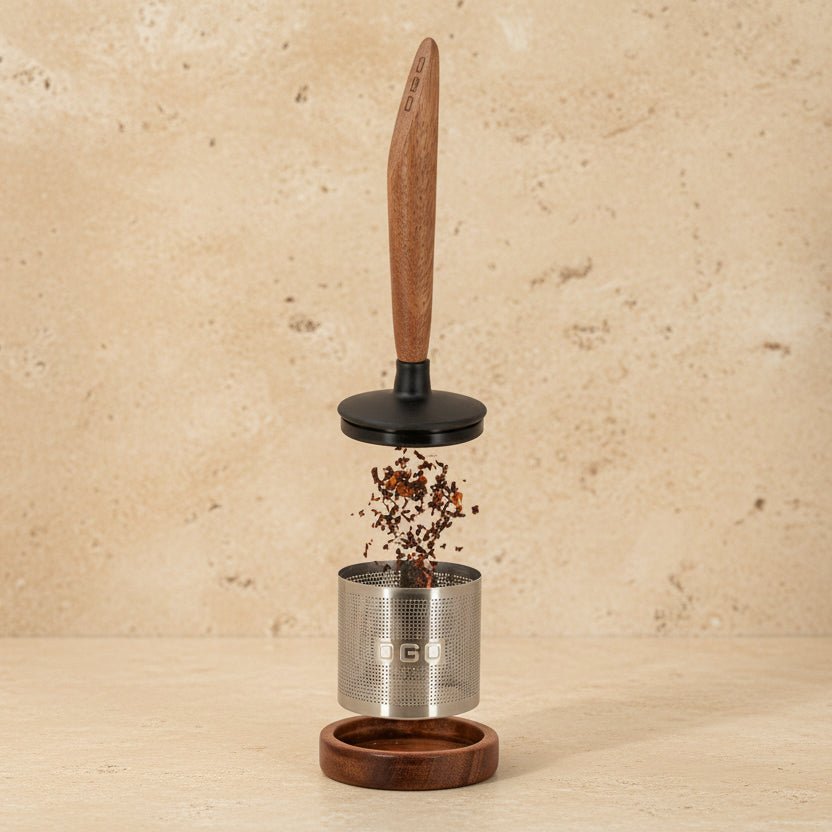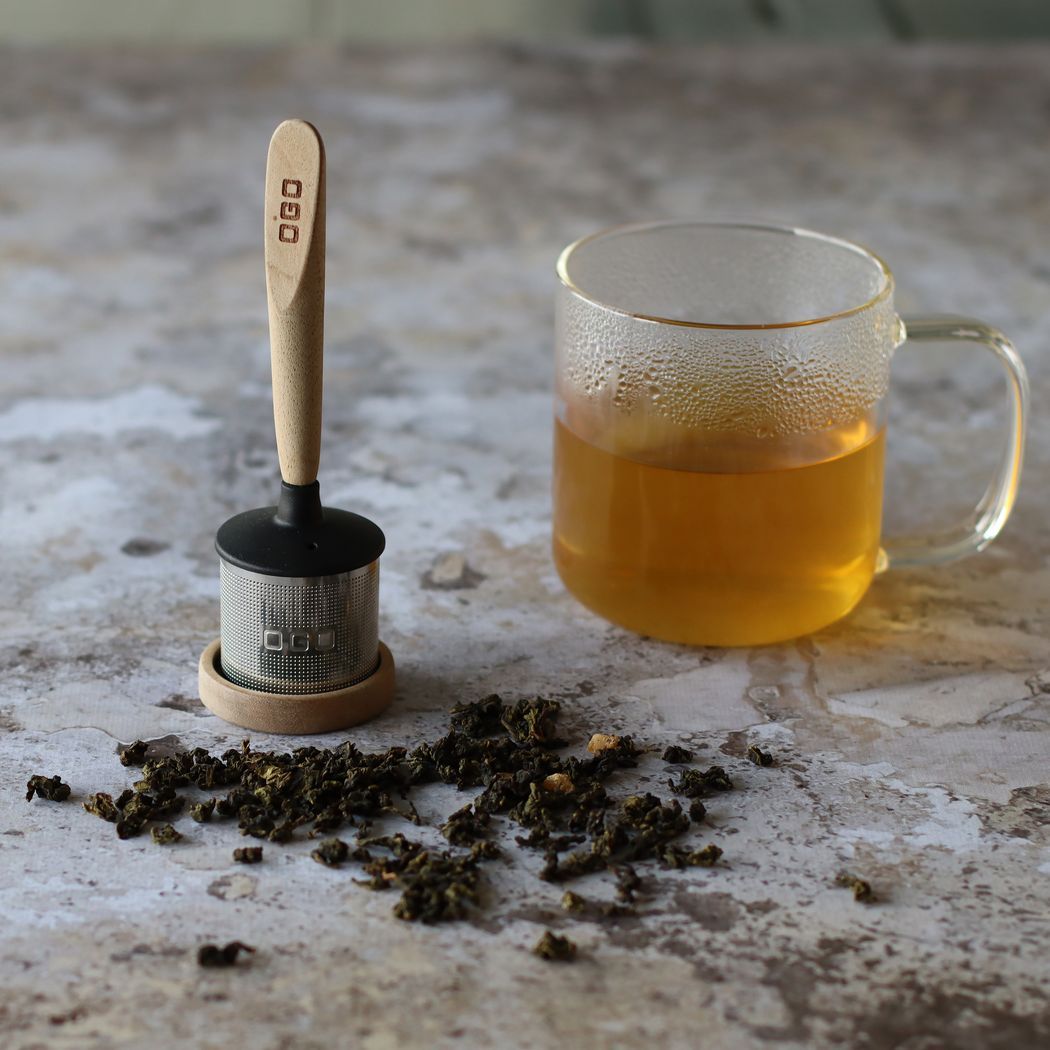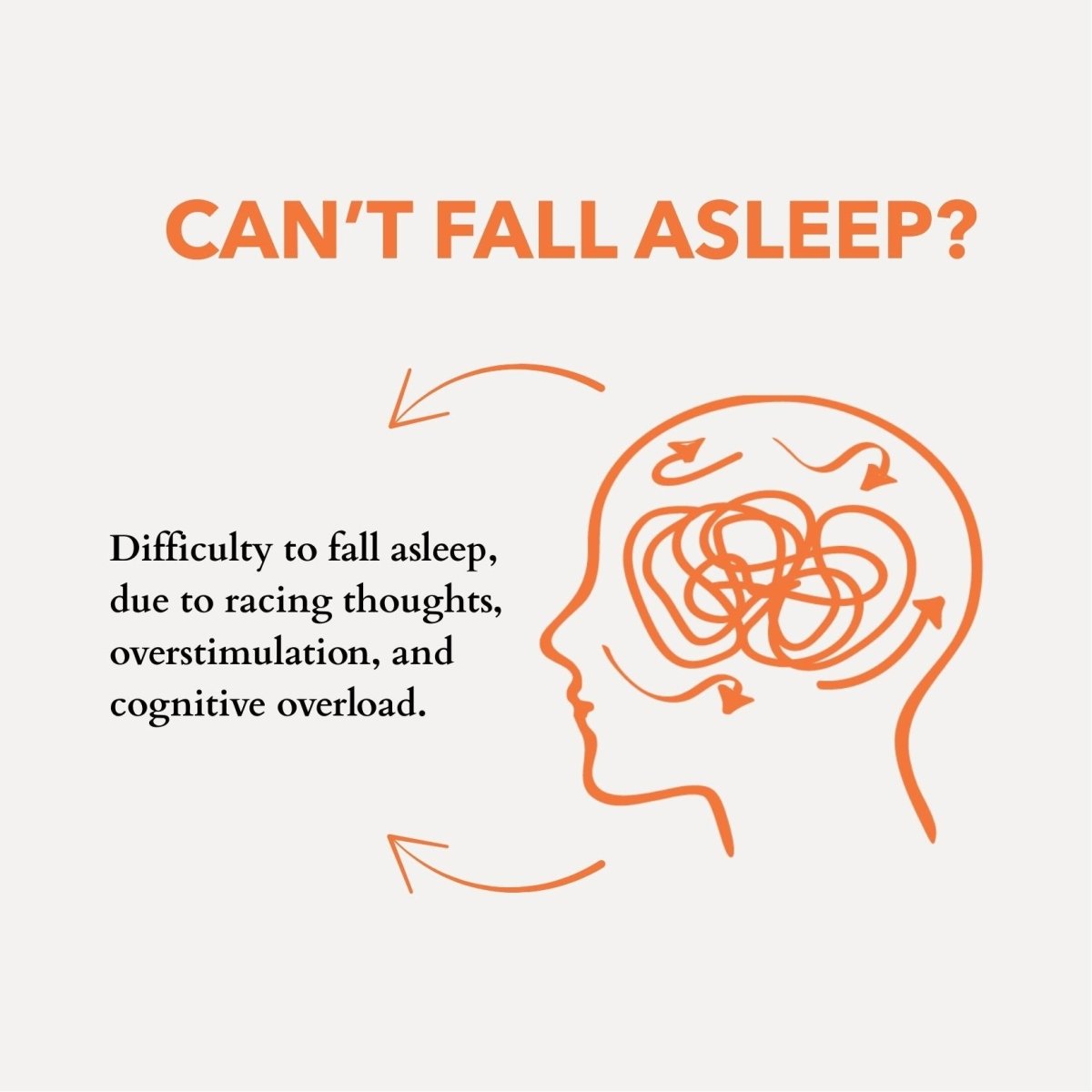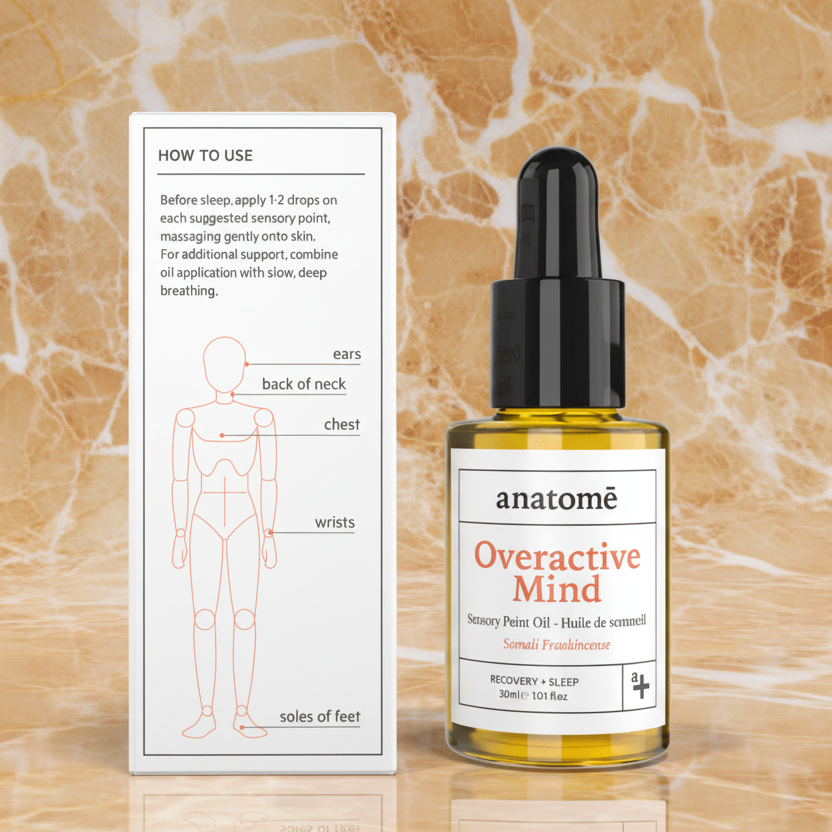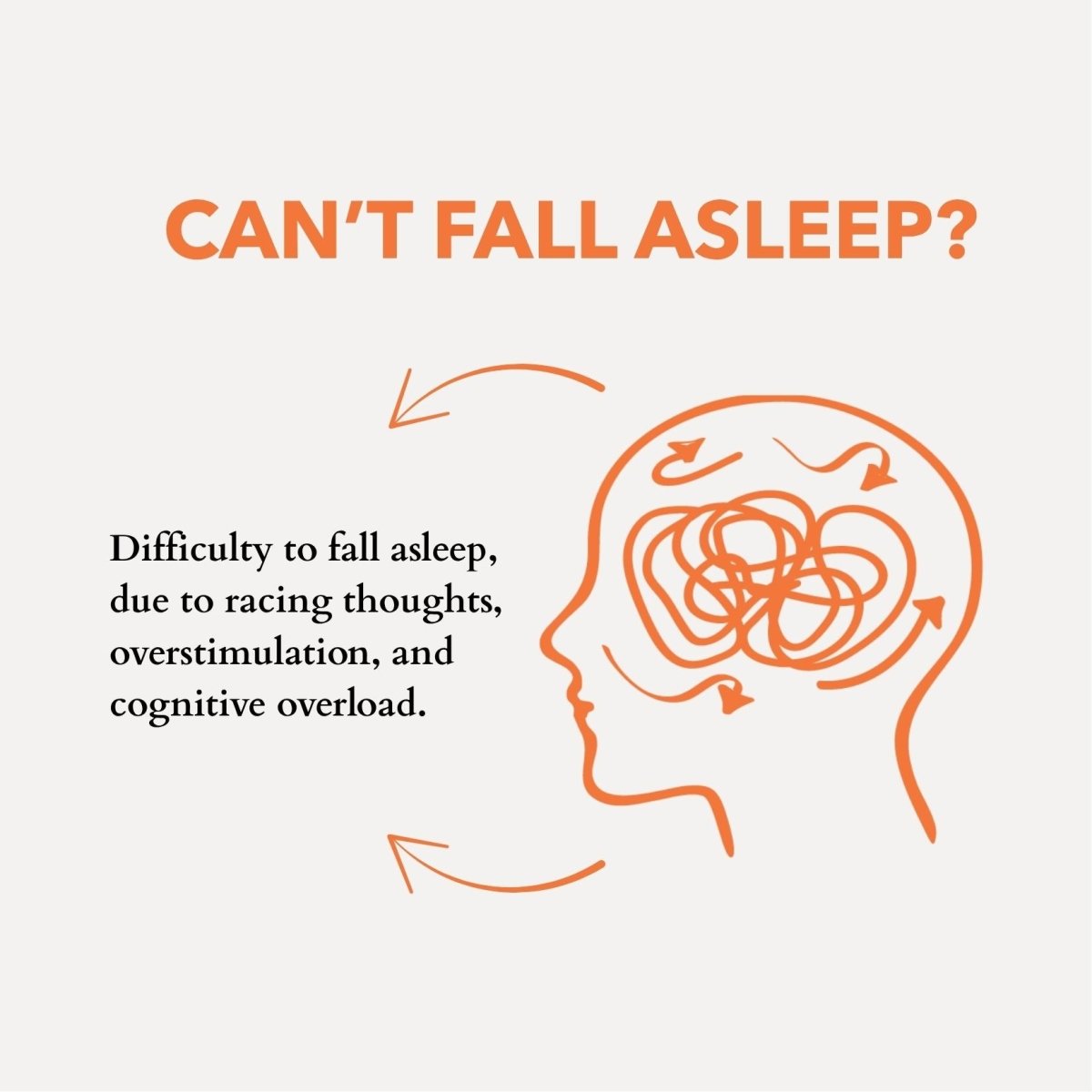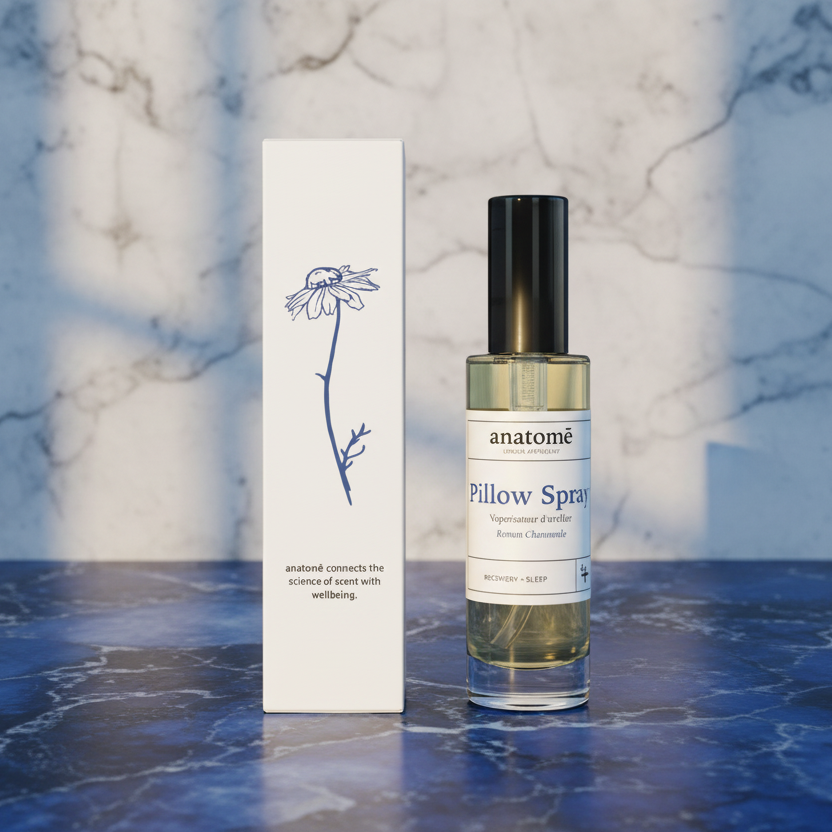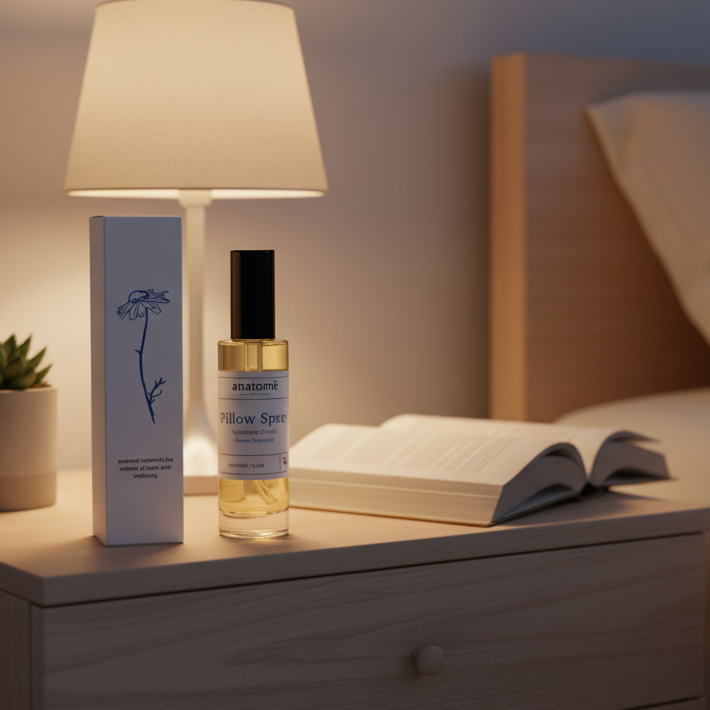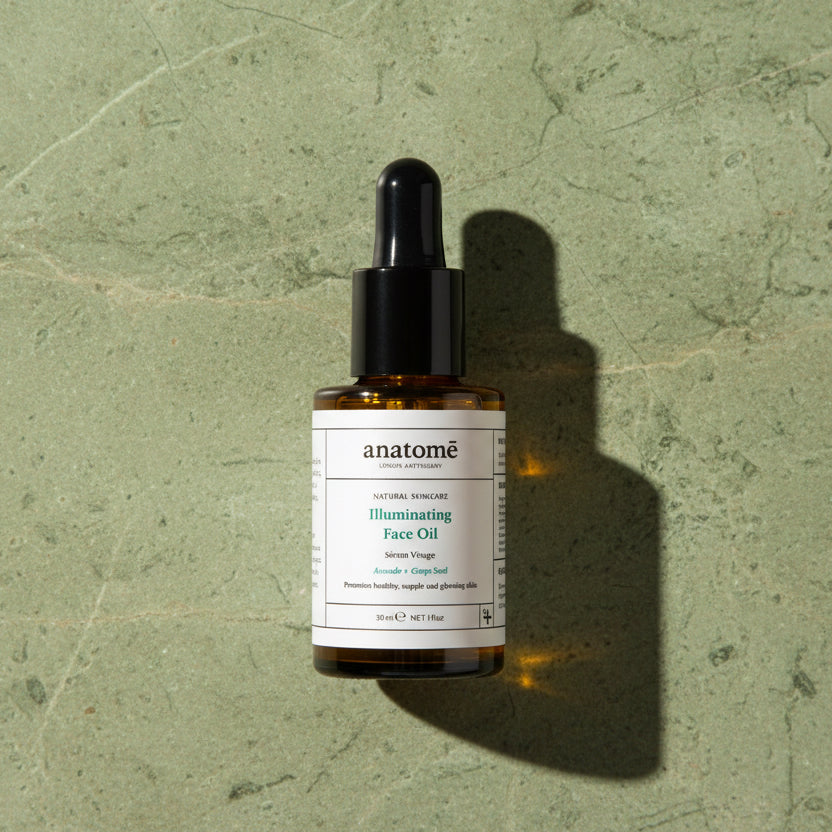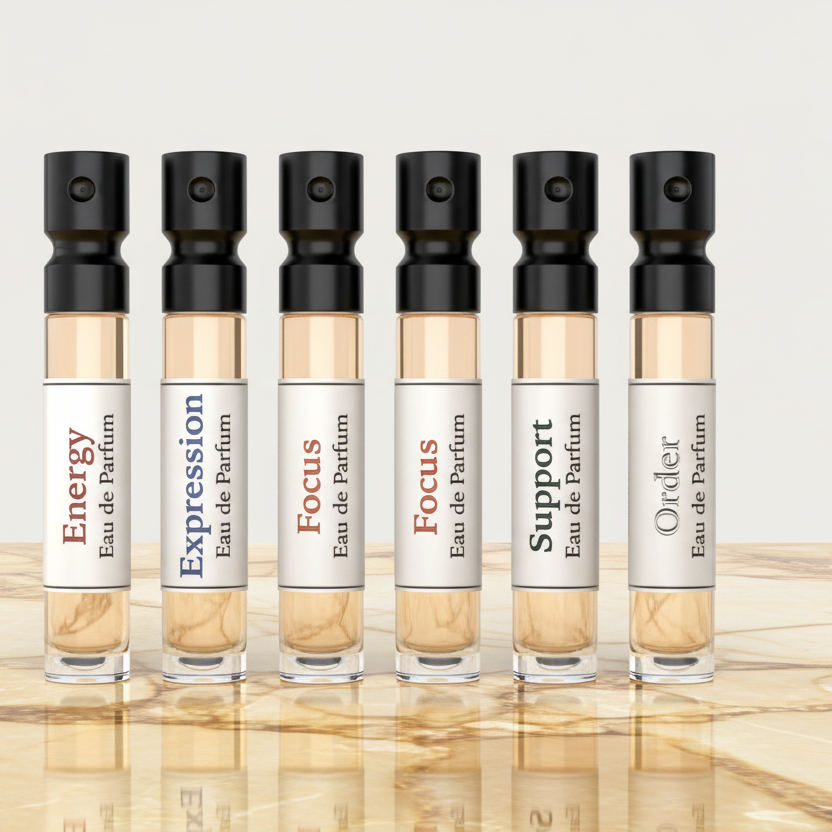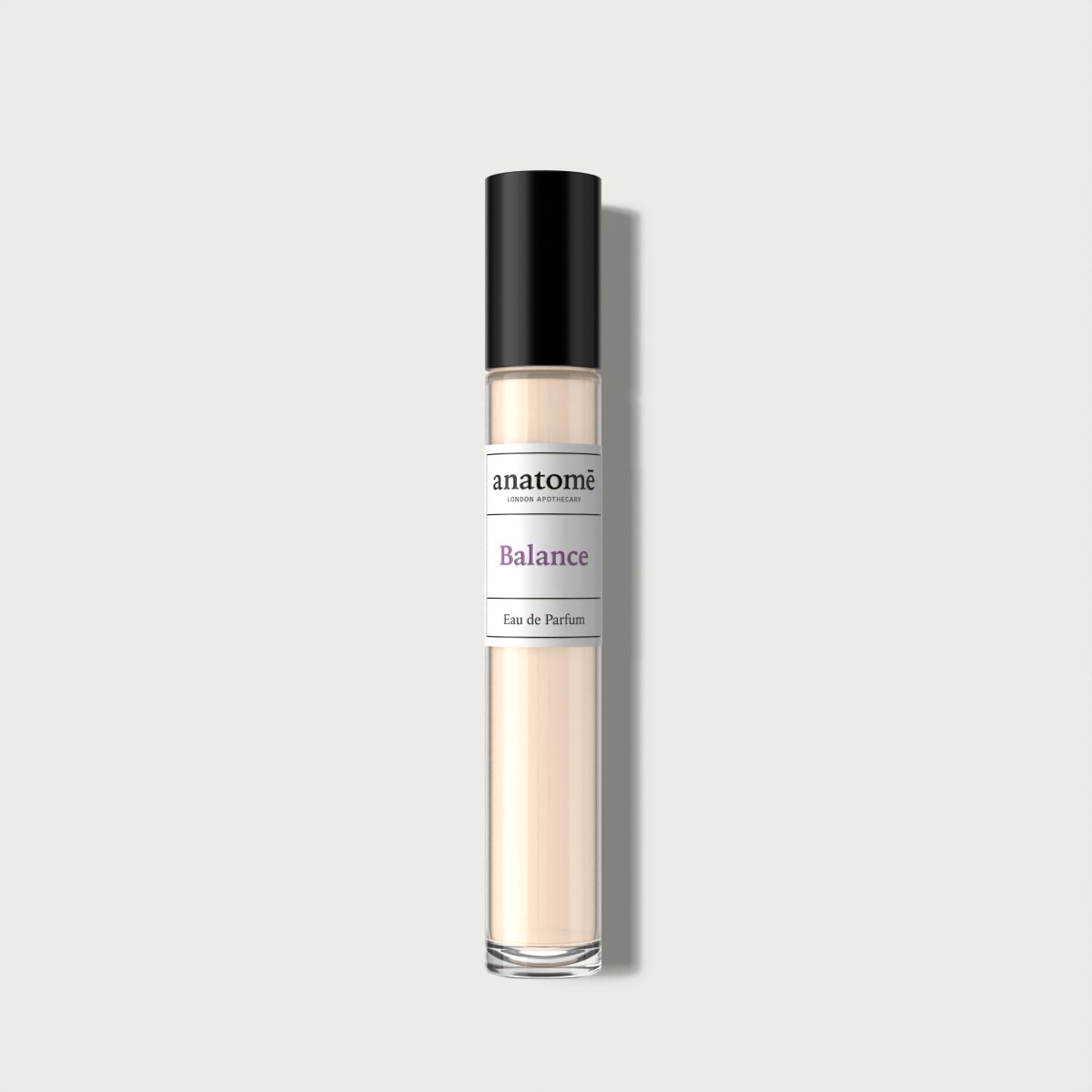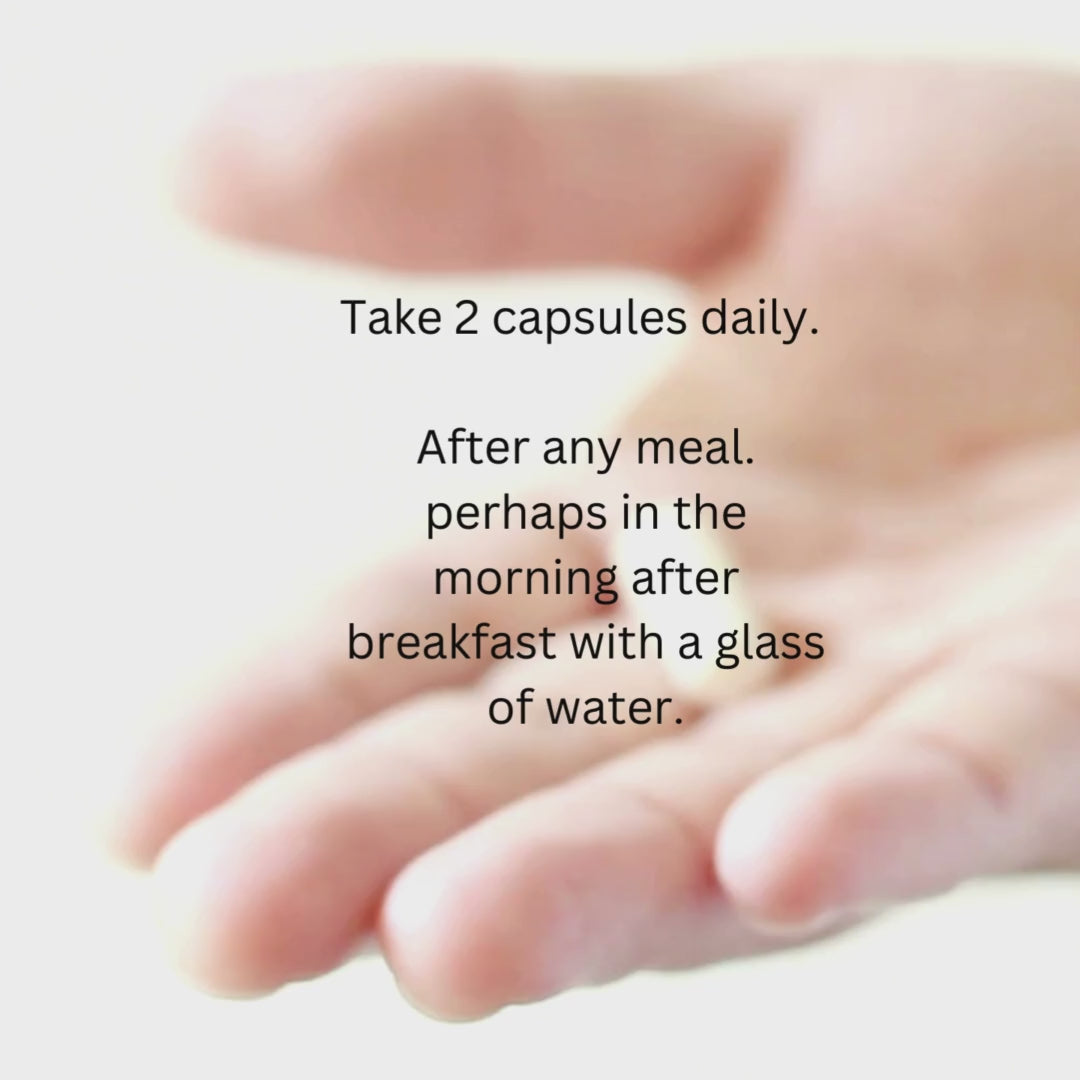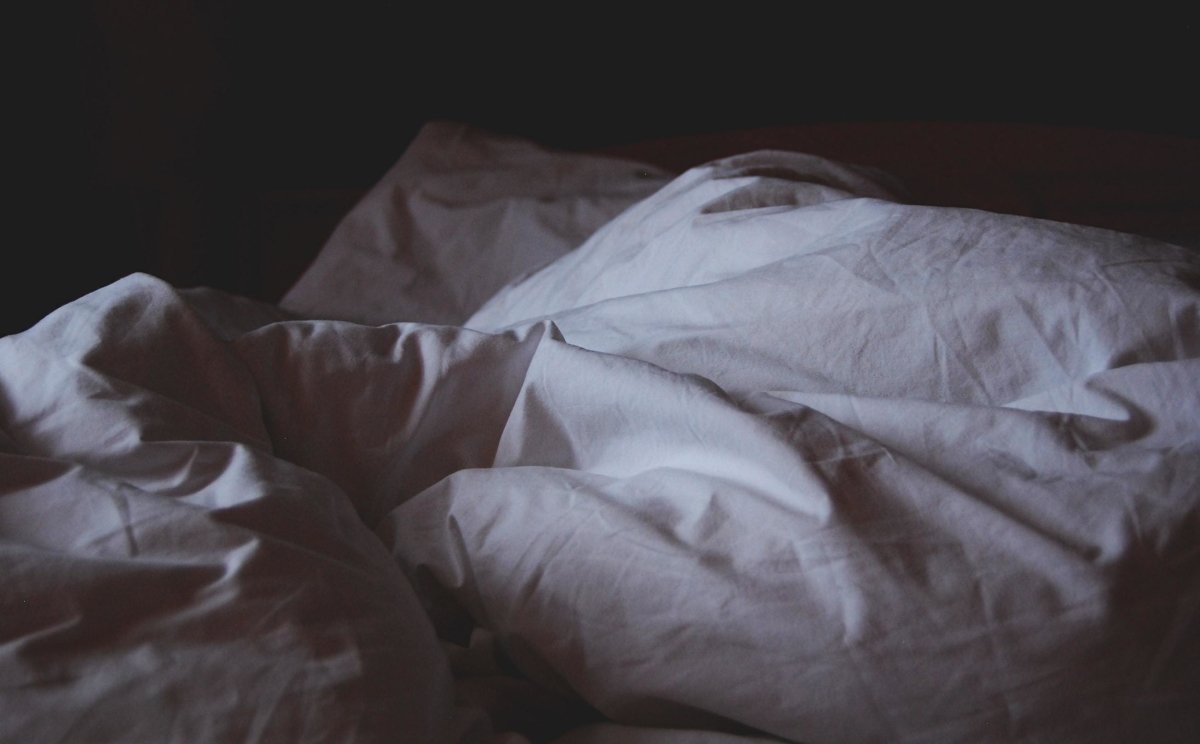Sleepless nights are closely linked with anxiety, stress and cognitive focus, so it’s no wonder that so many of us feel tense, under the weather and have problems focusing after a restless night. Let me take you through five adjustments you can make to your daily routine to help you sleep better when you are feeling anxious, overstressed, and exhausted.
Anxious sleep can have a significant impact on brain productivity, creativity and innovation, and can compromise your work performance.
In 2020, The Business of Health’s annual report showed that 56% of office workers don’t think they get enough sleep, and that job stress is the top cause of employees’ sleepless nights, with 34% of workers stating that stress stops them from getting enough sleep.

Sleep is how the body restores itself after daily wear and tear. A good night’s sleep balances some of the body’s key hormone levels, including the all important cortisol, which controls sugar levels, heartbeats, and much more. Often called the stress hormone, it communicates with the part of the brain that controls mood, motivation and fear. After a stressful day, the cortisol response can be extreme and, over time, an overexposure to cortisol and other stress hormones can wreak havoc on the body. This disruption can lead to anxiety, depression, sleepless nights, memory impairment and weight gain.
In groundbreaking research conducted by one of the leading experts in sleep, Dr Matthew Walker, it was found that a sleepless night can increase anxious feelings by 30%. His team used an MRI scanner to look at the brain during both a restful and a restless night of sleep. Anxiety levels were measured following each session via a questionnaire known as the state-trait anxiety inventory. The brain scans demonstrated that after a sleepless night, the participants showed a shutdown of the medial prefrontal cortex, an area of the brain that normally helps to keep our anxiety in check, while the brain’s deeper emotional centers were overactive. Additionally, the study concluded that after a full night of sleep, during which participants’ brain waves were measured via electrodes, anxiety levels dropped significantly, particularly in the cases where subjects experienced more slow-wave NREM sleep (a deep sleep state).
The 5 steps to consider adopting to help you sleep better and reduce anxiety:
1. Exercise in the morning: Exercise helps to regulate cortisol levels during the day, keeping your circadian rhythm on track and decreasing anxiety.
2. Disconnect from your gadgets: We recommend not checking work emails, or indeed looking at any screen gadgets, for at least an hour prior to bedtime. This will help to minimise blue light exposure and encourage NREM sleep, as well as prevent overstimulation.
3. Regulate your eating patterns. Don’t eat for at least an hour and a half before bed: Avoid eating heavy and big meals late at night. Include tryptophan, an amino acid found in dark chocolate and milk, and magnesium, found in nuts, bananas, and figs, into your evening routine as these nutrients help your body to produce melatonin, the sleep hormone.
4. Unwind your body: Use the power of essential oil blends to relax your brain and muscles and initiate the sleeping process.
5. Calm down: calm your brain to initiate sleep process with a relaxing and natural tea, including chamomile or passion fruit teas.Looking for more personalised support and advice?
 Learn about our range of Sleep Formulations.
Learn about our range of Sleep Formulations.
Recommended products: Recover + Sleep Tea Blend, Relax + Sleep Supplement, Sleep Oils.



